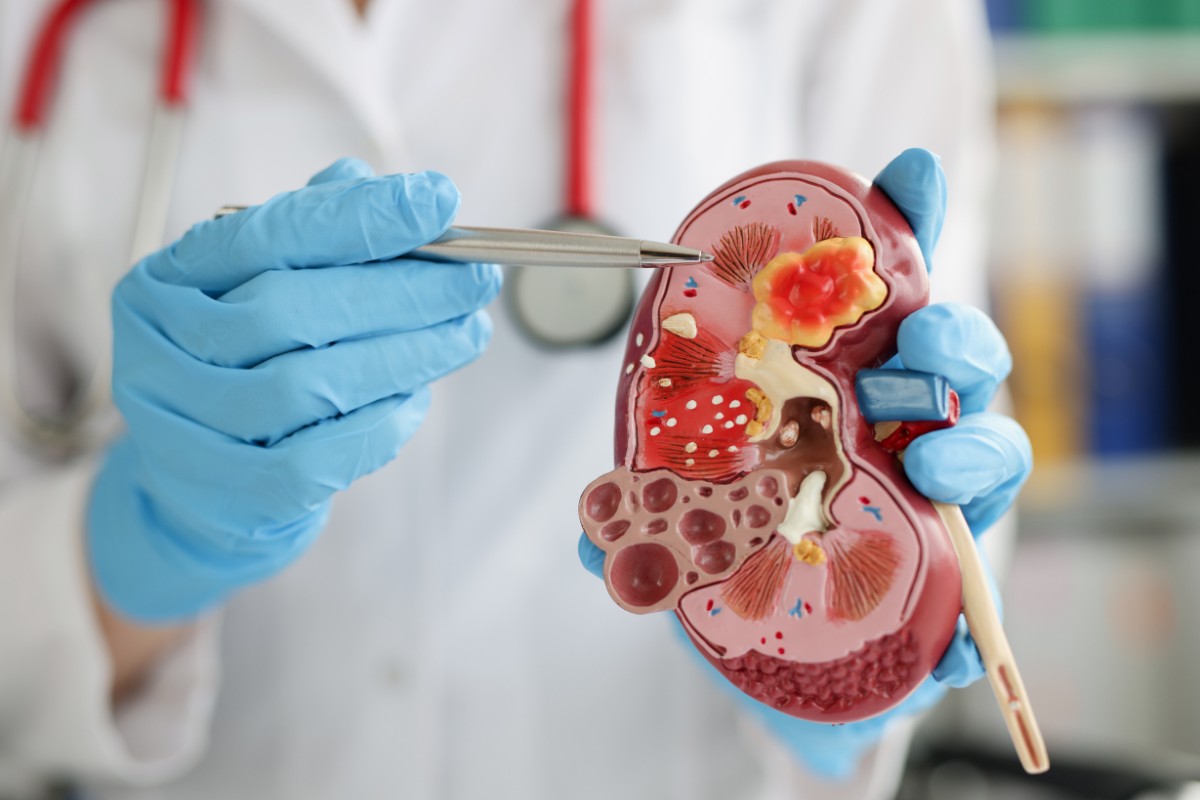How Do You Get Kidney Stones?

Kidney stones are a common and often painful urological condition that affects millions of people worldwide. These hard deposits form inside your kidneys and can cause severe discomfort when they pass through your urinary tract. Understanding how kidney stones develop is crucial in preventing and managing this condition. Here’s a detailed look at how you get kidney stones and what you can do to reduce your risk.
1. Understanding Kidney Stones
Kidney stones, or renal calculi, are solid masses made of crystals. They can originate in your kidneys but can affect any part of your urinary tract. The stones form when your urine contains more crystal-forming substances—such as calcium, oxalate, and uric acid—than the fluid in your urine can dilute. At the same time, your urine might lack substances that prevent crystals from sticking together, creating an ideal environment for kidney stones to form.
2. Types of Kidney Stones
There are several types of kidney stones, each with different causes:
Calcium Stones: The most common type, usually in the form of calcium oxalate. Oxalate is a naturally occurring substance found in food, and it's also produced daily by your liver. High doses of vitamin D, dietary factors, and several metabolic disorders can increase the concentration of calcium or oxalate in urine.
Struvite Stones: Often form in response to an infection, such as a urinary tract infection (UTI). These stones can grow quickly and become quite large, sometimes with few symptoms or little warning.
Uric Acid Stones: More common in men than in women and can occur in people who lose too much fluid because of chronic diarrhea or malabsorption, those who eat a high-protein diet, and those with gout.
Cystine Stones: Form in people with a hereditary disorder that causes the kidneys to excrete too much of certain amino acids (cystinuria).
3. Risk Factors
Several factors can increase your risk of developing kidney stones:
Dehydration: Not drinking enough water each day can increase your risk. When you are not hydrated enough, your urine becomes more concentrated with substances that can form stones.
Diet: High intake of protein, sodium, and sugar can increase the risk of some types of kidney stones. Too much salt in your diet increases the amount of calcium your kidneys must filter and significantly increases your risk of kidney stones.
Obesity: High body mass index (BMI), large waist size, and weight gain have been linked to an increased risk of kidney stones.
Medical Conditions: Certain conditions such as hyperparathyroidism, some urinary tract infections, and metabolic disorders can increase the risk of developing kidney stones.
Family History: If someone in your family has had kidney stones, you are more likely to develop them too.
Certain Supplements and Medications: Excessive use of certain supplements, such as vitamin D, calcium supplements, and certain medications can increase the likelihood of stone formation.
4. Prevention and Management
While some factors like genetics cannot be changed, you can take steps to reduce your risk of developing kidney stones:
Stay Hydrated: Drink plenty of fluids, especially water. Aim for at least 8-10 glasses of water a day. Proper hydration dilutes the substances in urine that lead to stones.
Dietary Changes: Reduce sodium and animal protein intake. Eat fewer oxalate-rich foods like spinach, beets, and nuts if you form calcium oxalate stones. Include calcium-rich foods in your diet to bind oxalate in the intestines.
Maintain a Healthy Weight: Obesity can increase the risk of kidney stones, so maintaining a healthy weight through diet and exercise is crucial.
Medications: In some cases, medications can help control the amount of minerals and acid in your urine, which can be particularly helpful for people with certain medical conditions.
Conclusion
Kidney stones are a painful but preventable condition. By understanding how they form and taking steps to mitigate the risk factors, you can significantly reduce your chances of developing them. If you have a family history of kidney stones or experience symptoms like severe pain, blood in urine, or nausea, consult with a healthcare professional for advice and appropriate treatment. Taking proactive steps towards a healthy lifestyle can make a significant difference in preventing kidney stones and maintaining overall kidney health.
